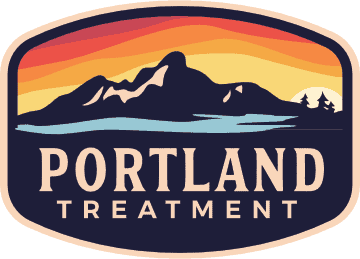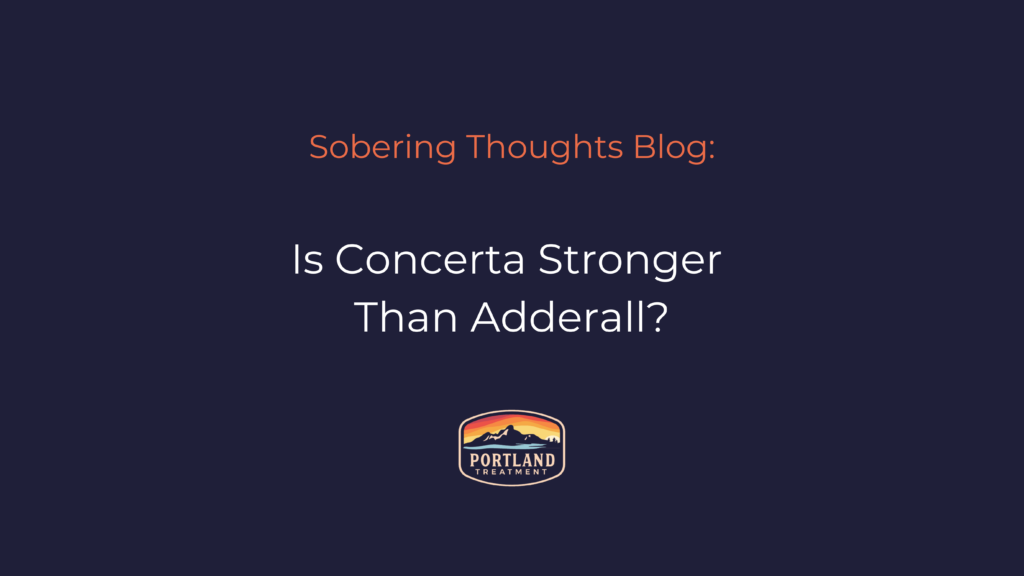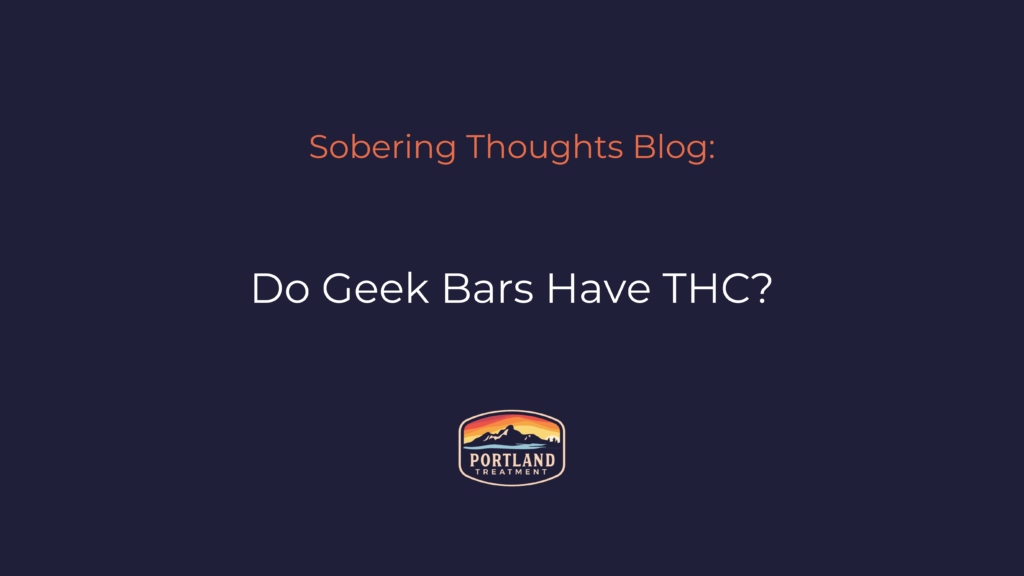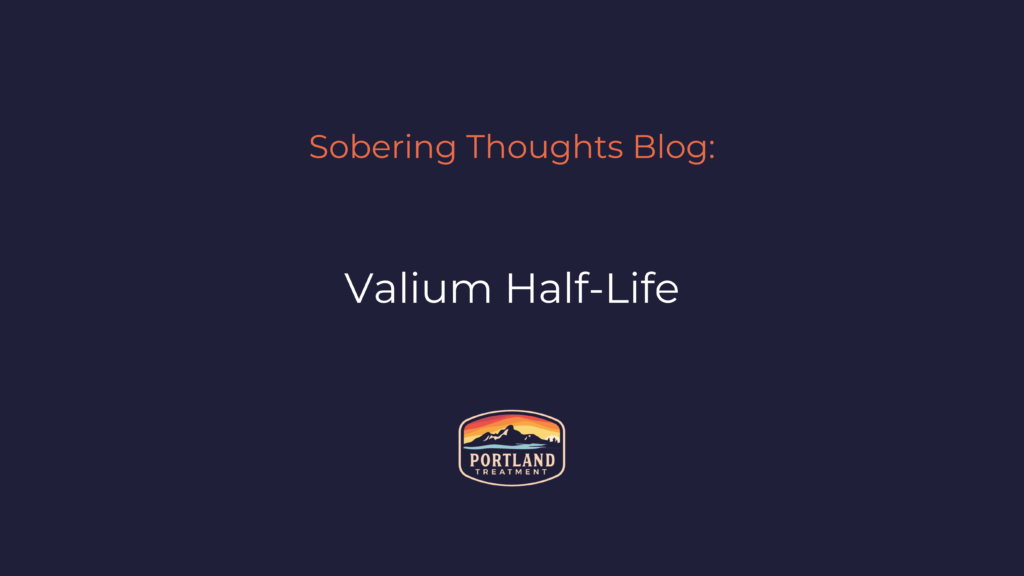Maine offers a range of top-rated outpatient drug rehab programs tailored to meet the diverse needs of individuals struggling with addiction. From specialized treatment options to low-cost and free rehab centers, the state provides a comprehensive network of resources for those seeking recovery. In this article, we will explore the top treatment locations in Maine, …
Maine offers a range of top-rated outpatient drug rehab programs tailored to meet the diverse needs of individuals struggling with addiction. From specialized treatment options to low-cost and free rehab centers, the state provides a comprehensive network of resources for those seeking recovery. In this article, we will explore the top treatment locations in Maine, provide a list of the top 10 rehab facilities, and delve into the various treatment types available in the state.
We will discuss dual diagnosis treatment, how to find a top-rated center, and the considerations for traveling for drug and alcohol rehab in Maine. For those interested in understanding the typical cost of rehab in Maine, we will cover insurance coverage and resources for outpatient drug rehab programs in the state. Whether you are seeking information on insurance coverage, cost considerations, or the legal aspects of drug and alcohol laws in Maine, this article aims to provide a comprehensive guide to help you make informed decisions regarding outpatient drug rehab in Maine.
Introduction to Outpatient Drug Rehab Programs in Maine
Maine offers a diverse range of outpatient drug rehab programs designed to address various types of addiction and substance abuse issues.
These programs include outpatient counseling sessions, intensive outpatient programs (IOPs), and partial hospitalization programs (PHPs), each offering varying levels of support and structure. Outpatient treatment provides individuals with the flexibility to continue their daily routine while receiving the necessary care and support for their recovery journey.
Plus traditional counseling and therapy, medical detox services are also available in certain outpatient rehab programs, ensuring individuals receive proper medical supervision during the detoxification process. This can be particularly beneficial for those dealing with severe substance dependencies.
Specialized opioid rehab programs cater to individuals struggling specifically with opioid addiction, offering tailored treatment approaches such as medication-assisted treatment (MAT) and behavioral therapies.
Outpatient rehab programs play a significant role in addressing substance abuse and addiction by providing continuous support, education, and resources to help individuals achieve and maintain sobriety in their everyday lives.
List of Top 10 Maine Rehabs
For individuals seeking comprehensive treatment options, Maine offers a list of top 10 rehabs featuring a range of services, including medical professionals, residential facilities, holistic approaches, and financial assistance options.
These rehabs provide a diverse array of treatment approaches, from evidence-based therapies to alternative modalities, catering to the unique needs of each individual.
The availability of medical professionals ensures that residents receive expert care and guidance throughout their recovery journey. Many facilities in Maine boast serene and tranquil residential facilities, allowing clients to focus on healing in a peaceful environment.
Clients also benefit from holistic approaches such as yoga, meditation, and acupuncture, complementing traditional therapies for a well-rounded treatment experience.
These rehabs extend support through financial assistance options, making quality treatment accessible to those in need.
Rehabs by Accepted Insurance in Maine
Understanding the rehabs in Maine that accept insurance is crucial for individuals seeking treatment, as it ensures access to necessary services while navigating legal considerations such as treatment courts and the Good Samaritan law.
Moreover, insurance coverage for rehab in Maine can vary based on individual policies and providers, but many rehabs work with a range of insurance carriers to increase accessibility for those in need. It’s essential to thoroughly understand the coverage options available to ensure that necessary treatment is affordable and accessible.
Some rehab facilities in Maine are aligned with treatment courts, a legal option that offers individuals facing criminal charges for drug-related offenses the opportunity to receive treatment and support in place of incarceration. Understanding the legal avenues available can significantly impact an individual’s treatment journey and long-term recovery.
The Good Samaritan law in Maine provides legal protection to individuals who seek medical assistance for someone experiencing an overdose. This law aims to encourage individuals to seek help for those in distress without fear of legal repercussions, emphasizing the importance of timely and effective intervention. The legal landscape surrounding substance abuse and treatment options plays a significant role in ensuring that individuals can access the care they need without unnecessary barriers.
Popular Treatment Types in Maine
The popular treatment types in Maine encompass a wide range of therapeutic interventions, aftercare support, and evidence-based approaches to recovery, addressing issues such as overdose, excessive drinking, and medication-assisted treatment.
Therapy options in Maine often include individual counseling, group therapy, and family therapy to address the underlying causes of addiction and provide support for long-term recovery. Aftercare programs play a crucial role in helping individuals transition back into their daily lives while maintaining sobriety.
The availability and effectiveness of medication-assisted treatment options, including Suboxone and Vivitrol, have significantly contributed to reducing opioid cravings and withdrawal symptoms.
Dual Diagnosis Treatment in Maine
Maine offers specialized dual diagnosis treatment programs that focus on addressing both substance abuse and mental health issues through therapeutic interventions, medication-assisted treatment, and outpatient options.
These integrated treatment programs in Maine aim to provide comprehensive care for individuals struggling with co-occurring disorders. Therapeutic interventions, such as cognitive-behavioral therapy, dialectical behavior therapy, and trauma-focused therapy, are tailored to address the unique challenges associated with dual diagnosis.
In addition, Maine’s treatment facilities may offer medication-assisted treatment using suboxone, methadone, or naltrexone to manage withdrawal symptoms and reduce cravings, enhancing the recovery process.
How to Find a Top-Rated Center in Maine
Finding a top-rated center in Maine involves considering the accreditation, quality, and resources offered by the facility, with organizations such as the Substance Abuse Mental Health Services Administration and the Joint Commission providing valuable insights into the available options.
When searching for a top-rated center in Maine, examining the accreditation status is crucial. Facilities accredited by well-respected organizations like the Joint Commission adhere to comprehensive quality and safety standards.
It’s essential to assess the quality standards implemented by the center. Look for evidence-based practices, experienced staff, and successful treatment outcomes to ensure the highest level of care.
Furthermore, available resources play a significant role in the effectiveness of the treatment. Access to diverse therapy modalities, support groups, and comprehensive aftercare programs can greatly enhance the recovery process for individuals seeking treatment in Maine.
How to Determine if Rehab is Necessary
Determining if rehab is necessary in Maine involves assessing the impact of addiction on one’s life, considering the need for therapy, mental health support, and access to resources such as Naloxone, while prioritizing evidence-based treatment approaches.
Addiction can profoundly affect individuals, impacting not only their physical health but also their relationships, work, and overall well-being. In Maine, the availability of therapy and mental health support plays a crucial role in addressing these complex issues. Access to resources like Naloxone can be lifesaving in the event of an opioid overdose. Therefore, prioritizing evidence-based treatment approaches becomes paramount in ensuring effective rehabilitation for individuals struggling with addiction.
Choosing the Best Center in Maine for Your Needs
Choosing the best center in Maine for your needs involves considering factors such as the availability of residential facilities, luxury amenities, holistic approaches, faith-based programs, recovery support, medical detox options, and the acceptance of insurance coverage.
Residential facilities play a crucial role in providing a supportive environment for individuals seeking treatment. Look for centers that offer comfortable accommodations designed to foster a sense of safety and well-being. Additionally, luxury amenities can enhance the overall treatment experience, including features such as spa services, gourmet meals, and recreational activities.
It’s also important to explore holistic approaches that address the mind, body, and spirit, promoting overall wellness and healing. Faith-based programs may be beneficial for those seeking spiritual guidance, while access to recovery support and aftercare programs can provide essential ongoing assistance. Evaluate whether the center offers medical detox options managed by experienced healthcare professionals to ensure a safe and comfortable detoxification process. Consider the availability of insurance coverage, as this can significantly impact the financial aspects of treatment.
Understanding the Typical Cost for Maine Rehabs
Understanding the typical cost for rehabs in Maine involves considering factors such as financial assistance options, insurance coverage, and the accreditation status of the treatment facilities, ensuring access to high-quality care while managing associated expenses.
In Maine, the average cost of rehab varies depending on the type of treatment and the facility. On average, outpatient programs can range from $5,000 to $10,000, while inpatient programs may cost between $20,000 and $30,000 for a 30-day stay. It’s important to note that these figures are estimates and can fluctuate based on the specific services and amenities provided by each facility.
Financial assistance options, such as sliding scale fees, scholarships, or state-funded programs, can help individuals access treatment even if they have limited financial resources. Likewise, insurance coverage plays a vital role, with many insurance plans offering varying levels of coverage for rehab services. It’s essential for individuals to review their insurance policies to understand the extent of coverage for substance abuse treatment.
Another critical consideration is the accreditation status of rehab facilities. Accredited facilities maintain high standards of care and adhere to best practices, providing individuals with assurance regarding the quality of treatment they will receive. Seeking treatment at an accredited rehab facility helps ensure that individuals receive evidence-based care and support from qualified professionals.
Specialized Drug Rehab in Maine
Maine offers specialized drug rehab programs with various levels of care, including options for low-cost and free treatment, insurance coverage considerations, and guidance for individuals considering travel for rehab.
These specialized drug rehab programs in Maine cater to individuals at different stages of their recovery journey. They provide a range of services from outpatient programs for those requiring more flexibility to residential treatment for intensive care. Many facilities offer low-cost or free treatment options to ensure accessibility for those in need.
It’s essential for individuals to explore their insurance coverage to understand the financial aspects of rehab. For those considering traveling for rehab in Maine, it’s important to consider the location, amenities, and the specific treatment modalities offered.
Levels of Care in Addiction Treatment
Understanding the levels of care in addiction treatment in Maine involves exploring options such as residential programs, outpatient services, aftercare support, and integrated approaches to addressing mental health and substance abuse issues.
Residential programs provide a highly structured environment where individuals receive 24-hour care, allowing them to focus solely on recovery. Outpatient services offer more flexibility, enabling individuals to attend treatment sessions while continuing their daily routines.
Aftercare support plays a crucial role in maintaining sobriety by providing ongoing assistance and resources post-treatment. The integrated approach in Maine emphasizes treating co-occurring mental health and substance abuse issues simultaneously, ensuring comprehensive care for individuals facing these challenges.
Low-Cost and Free Drug Rehab Centers in Maine
Individuals seeking low-cost and free drug rehab centers in Maine can access various financial assistance options and community resources that cater to their specific needs, ensuring access to essential treatment services.
These resources include state-funded programs, non-profit organizations, and Medicaid, which offer financial support for addiction treatment. Community health centers and local support groups provide counseling, therapy, and support for those in need. Many private rehab facilities in Maine offer scholarships or sliding-scale payment options to accommodate individuals with financial constraints. The state of Maine also has initiatives to expand access to affordable treatment, ensuring that individuals get the help they need to overcome addiction.
Insurance Coverage for Rehab Center Costs
Understanding insurance coverage for rehab center costs in Maine involves considering legal aspects such as the Good Samaritan law, financial assistance options, and the accreditation status of the treatment facilities, ensuring comprehensive access to necessary care.
First and foremost, individuals seeking rehab centers in Maine should be aware of the Good Samaritan law, which provides legal protection to those who seek medical assistance for someone experiencing an overdose. This law encourages individuals to seek help without fear of legal repercussions.
In terms of financing rehabilitation treatments, exploring financial assistance options is crucial. Many rehab facilities offer sliding-scale fees based on income, while some may even provide scholarships or grants to qualifying individuals. Individuals may also seek financial assistance through Medicaid, Medicare, or private insurance plans. Understanding the eligibility and coverage offered by these options can significantly aid in managing the expenses associated with rehab.
The accreditation status of a rehab center can greatly impact the quality of care and the level of insurance coverage. Treatment facilities that are accredited by reputable organizations demonstrate adherence to stringent quality standards, which can influence insurance coverage and provide individuals with peace of mind regarding the level of care they will receive.
Considerations for Traveling for Drug and Alcohol Rehab in Maine
Considerations for traveling for drug and alcohol rehab in Maine involve exploring options for residential facilities, luxury amenities, holistic approaches, aftercare support, and recovery services, ensuring a comprehensive experience for individuals seeking treatment.
When considering drug and alcohol rehab in Maine, it’s important to evaluate the residential facilities available. Look for facilities that provide a comfortable and supportive environment conducive to healing. Many facilities offer luxurious amenities, such as private rooms, gourmet meals, and recreational activities, to enhance the rehabilitation experience.
Holistic approaches should be a key consideration. Seek programs that offer a holistic approach to treatment, addressing the physical, mental, and emotional aspects of addiction. These may include yoga, meditation, and other complementary therapies to promote overall well-being.
Aftercare support is crucial for long-term sobriety. Look for programs that offer comprehensive aftercare services, including counseling, support groups, and assistance with transitioning back to daily life after rehab.
Furthermore, recovery services in Maine vary, so it’s essential to research the available options. Whether it’s outpatient counseling, sober living homes, or continued therapy, ensuring access to ongoing support can greatly contribute to sustained recovery.
Alcohol and Drug Laws in Maine
Understanding alcohol and drug laws in Maine involves considerations related to treatment courts, insurance coverage, access to Naloxone, and community resources, providing a comprehensive overview of legal and support frameworks for individuals in need.
In Maine, treatment courts play a crucial role in diverting individuals with substance use disorders to treatment programs rather than incarceration. These specialized courts prioritize rehabilitation over punishment, offering participants a chance to rebuild their lives.
Navigating insurance coverage for addiction treatment can be complex, and understanding the available options is essential for those seeking help. Access to Naloxone is critical, with the state working to increase availability and training to combat opioid overdoses and save lives. Community resources, including support groups and counseling services, are also vital to assist individuals on their path to recovery.
Resources for Outpatient Drug Rehab Programs in Maine
In Maine, individuals seeking outpatient drug rehab programs can access various resources, including healthcare services, support groups, and comprehensive information from platforms such as America’s Health Rankings and FindTreatment.gov.
These resources provide valuable support for individuals and families affected by substance abuse. With a focus on accessibility, Maine offers a range of outpatient drug rehab programs, catering to diverse needs and circumstances. Healthcare services encompass counseling, medication-assisted treatment, and mental health support. Support groups create a sense of community and connection, offering empathy and understanding. Platforms like America’s Health Rankings and FindTreatment.gov serve as reliable sources for information on available programs, treatment modalities, and guidance on navigating the recovery journey.
Frequently Asked Questions
What is the difference between inpatient and outpatient drug rehab programs in Maine?
Inpatient drug rehab programs require patients to reside at the facility for a period of time while receiving intensive treatment. Outpatient drug rehab programs allow patients to live at home and attend scheduled therapy sessions at the facility.
How do I know if an outpatient drug rehab program in Maine is top-rated?
You can research the ratings and reviews of outpatient drug rehab programs in Maine from trusted sources such as the Substance Abuse and Mental Health Services Administration (SAMHSA) or the Commission on Accreditation of Rehabilitation Facilities (CARF).
Do Maine’s top-rated outpatient drug rehab programs offer individualized treatment plans?
Yes, most top-rated outpatient drug rehab programs in Maine offer personalized treatment plans that cater to each patient’s specific needs and circumstances.
What types of therapies are typically offered at Maine’s top-rated outpatient drug rehab programs?
Maine’s top-rated outpatient drug rehab programs may offer a variety of therapies, including individual and group therapy, cognitive-behavioral therapy, motivational interviewing, and family therapy.
Are there any financial assistance options available for outpatient drug rehab programs in Maine?
Yes, there are various financial assistance options available for outpatient drug rehab programs in Maine, such as sliding-scale fees, payment plans, and scholarships. You can also check with your insurance provider to see if they cover any of the costs.
How long does an outpatient drug rehab program in Maine typically last?
The length of an outpatient drug rehab program in Maine can vary depending on the individual’s needs and progress. However, on average, outpatient programs last for 3-6 months, with the option to extend if necessary.
Comprehensive and Compassionate Addiction Treatment at Portland Treatment in Maine
At Portland Treatment in Maine, we are deeply committed to providing comprehensive and compassionate care for those struggling with addiction. Our approach is holistic, focusing on the individual as a whole, rather than just the symptoms of addiction. We understand that each journey to recovery is unique, and our expert team is dedicated to creating personalized treatment plans that cater to the specific needs and circumstances of each client.
Our facility offers a wide range of services designed to support individuals at every stage of their recovery journey. From initial detoxification to inpatient rehab, outpatient programs, and ongoing aftercare support, we ensure a continuum of care that fosters lasting recovery. Our treatment modalities include evidence-based therapies, innovative treatment techniques, and holistic approaches that encompass mental, physical, and emotional health.
Recognizing the importance of a supportive environment in the recovery process, Portland Treatment provides a nurturing and safe space where individuals can heal and grow. Our programs are designed to empower clients, helping them develop the skills and resilience needed to overcome addiction and rebuild their lives. Family involvement is also a key component of our approach, as we believe in healing and strengthening family relationships as part of the recovery journey.
At Portland Treatment, we pride ourselves on our team of highly qualified professionals who bring a wealth of experience and expertise to our programs. Our staff includes licensed therapists, medical professionals, and addiction specialists who are passionate about helping individuals achieve sobriety and wellness. We are constantly evolving our practices to incorporate the latest research and best practices in addiction treatment, ensuring the highest standard of care for our clients.
Choosing Portland Treatment in Maine means choosing a path to recovery that is supported by expertise, compassion, and a commitment to excellence. We are not just a treatment center; we are a community dedicated to helping individuals and their families overcome the challenges of addiction and move forward to a brighter, healthier future.






